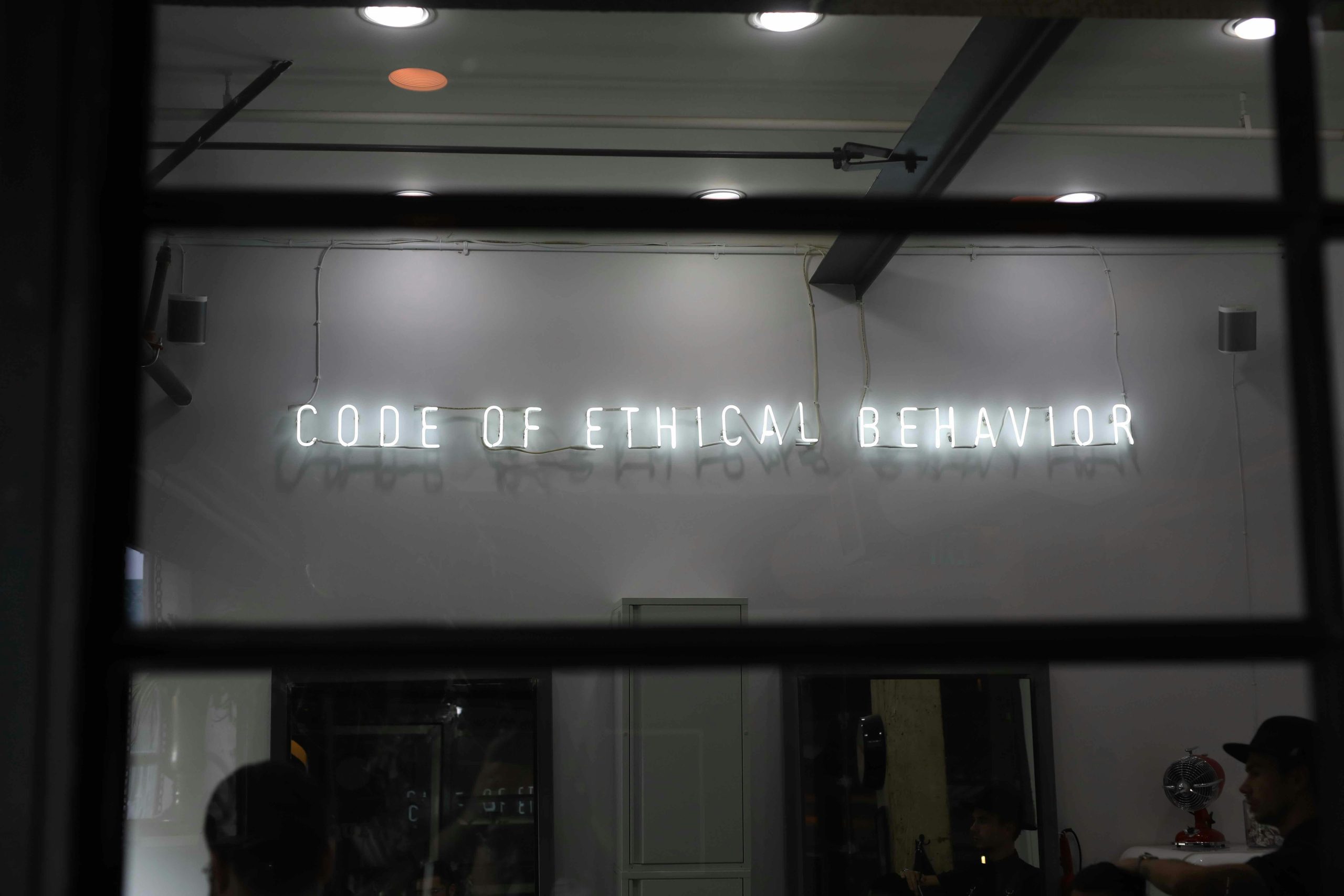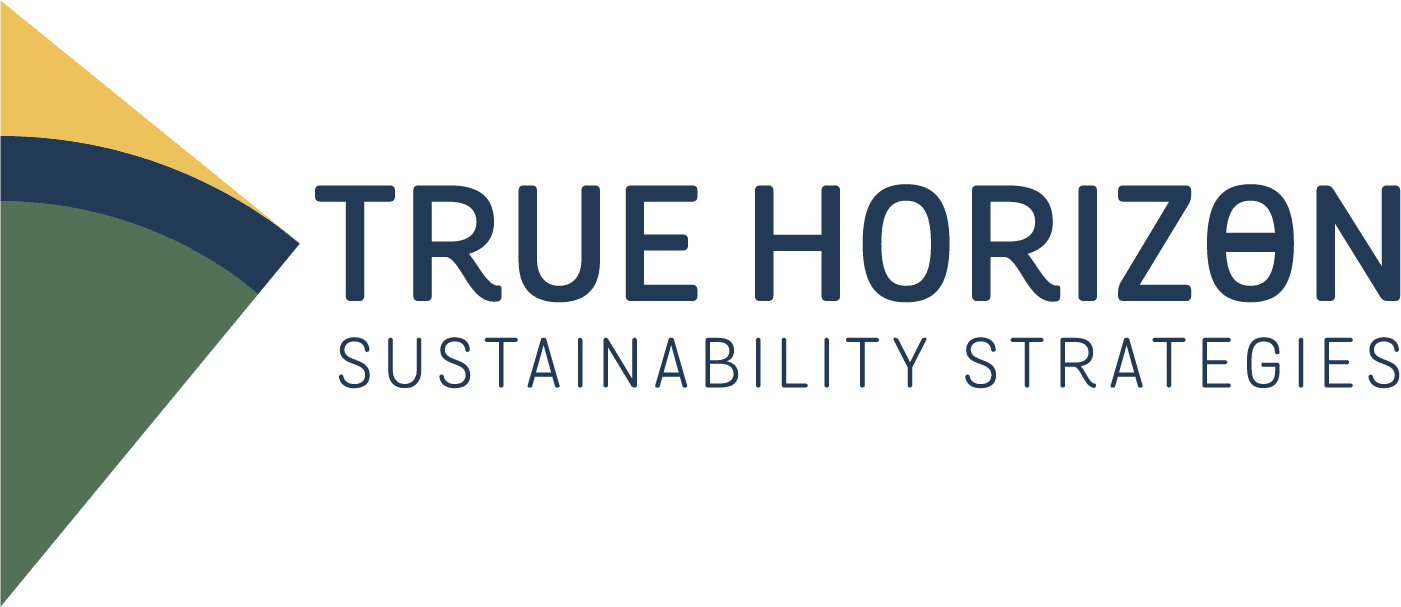
What constitutes an unethical business?
I talk about the qualities and credentials of ethical businesses every day. But recently, I’ve had a lot of conversations about what constitutes an unethical business and the grey areas we need to navigate.
Many of these conversations have been triggered by the fact B Lab has recently set out a list of industries that they deem to be controversial and do not align with their Theory of Change.
Companies that have clients in these industries could be ineligible for B Corp certification, which is a huge eliminating factor and will add additional hurdles to the application process.
Existing B Corp are required to transition away from these types of clients by the time they recertify, which isn’t a simple task.
Who you work with plays a huge part in your overall impact.
So, what constitutes an ethical or responsible business?
I wish I had a simple answer to this, as it’s one I’ve been thinking about a lot. I’m hesitant to label any business as wholly ‘ethical’ or ‘unethical’, as the motivation to change and improve is arguably the most important green flag of all.
But for many companies, it’s a simple yes or no for me.
- A female-founded company using plastic waste to create their products? Easy yes.
- A company that repeatedly and recklessly causes environmental damage? Easy no.
- A company developing clever tech with a range of uses from energy security to military action? Not so easy.
Where there’s a grey area, my best advice is to spend a bit of time and do your due diligence.
Speak to them about their values
When considering collaboration with a potential business partner or client, it’s crucial to understand their values from the outset. Take the time to discuss their mission, vision, and the ethical principles that guide their operations. Open and transparent communication is key to understanding whether their values align with yours. This dialogue serves as the foundation for a strong and ethical business relationship, fostering mutual respect and a shared commitment to socially and environmentally responsible practices.
Ask for evidence of environmental and social policies
Now that greenwashing is rife, it’s hard to differentiate between a business that’s genuinely trying to be more responsible and one that just says it is. Beyond verbal assurances, it’s essential to request rock-solid evidence of a company’s commitment to environmental and social responsibility. Ask for documentation regarding their policies and practices in these areas. This could include details about their environmental impact, sustainability initiatives, and social responsibility programmes. Any transparent and accountable business will have no issue providing such information.
Get advice from experts in the industry
Seeking advice from experts in sustainability and ethical business practices can provide valuable insights during your decision-making process. Speak with professionals who specialise in environmental and social responsibility within your industry. Their expertise can shed light on industry best practices, potential red flags, and emerging trends. By tapping into this knowledge base, you can make informed decisions that not only align with your values but also contribute positively to the broader sustainability landscape.
Have a chat with your teams or other trusted advisors to get their inputs
Before finalising any partnership or client relationship, it’s important to gather input from your internal teams and trusted advisors. Arrange discussions with key stakeholders to ensure that the potential collaboration aligns with the overall values and goals of your organisation. Your teams, with their diverse perspectives, may bring up considerations that you might have overlooked. This collaborative approach helps to keep everyone on the same page and ensures that the decision reflects a holistic understanding of the ethical implications and benefits of the partnership.
–
We may not make the right decisions all of the time, and that’s ok.
The goal should be to dig deeper and take the time to decide what the overall impact of that project would be.
And if you’re ready to make imperfect progress, it’s time to build your Sustainability Roadmap.
This is a six-month mentoring partnership to help SMEs scale responsibly and balance purpose with profit.
Are you curious about how it could support your sustainability goals? Book a free 40-minute discovery call with me here to talk it through.
